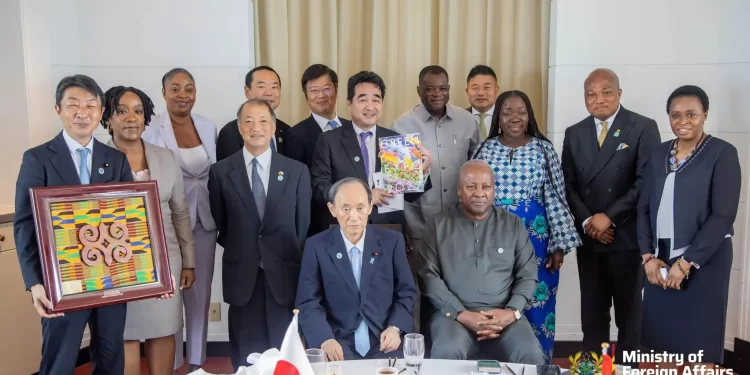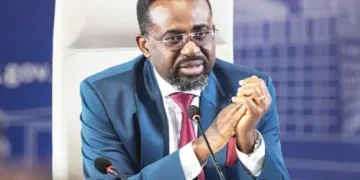President Mahama Secures Infrastructure, Technology, and Agriculture Deals on Japan Visit
Ghana has secured a series of agreements with Japan spanning infrastructure, agriculture, technology and industrialisation during President John Dramani Mahama’s working visit to Tokyo and participation in the 9th Tokyo International Conference on African Development (TICAD).
The visit, which underscored Accra’s long-standing ties with Tokyo, revived key projects and opened new avenues for cooperation. Samuel Okudzeto Ablakwa, Ghana’s foreign minister, outlined eight major initiatives expected to flow from the trip.
Among them is the revival of the long-stalled Volivo–Dorfor Adidome bridge project across the Volta River, with both governments committing to provide additional funding to restart construction. Work is also set to begin on the Kumasi inner-city ring road, aimed at easing congestion in Ghana’s second-largest city.
Japanese carmaker Toyota signed a new agreement to expand operations in Ghana, establishing the country as its West African hub, while a landmark partnership on space science will introduce new avenues for research and development. Tokyo has also committed to training 300,000 Ghanaian youth in fields including artificial intelligence, modern agriculture, biotech and green technologies.
On food security, Ghana will benefit from Japanese-backed scientific research to boost rice production, alongside $100mn in new financing for nationwide agricultural projects. Tokyo is also considering a broader $1.5bn industrialisation facility for Africa, with Accra expected to be a key beneficiary.
Mr Ablakwa described the outcomes as a “proud moment” for Ghana, praising President Mahama’s leadership at TICAD plenary sessions. The agreements, he said, marked “a bold vision for resetting and transforming Ghana”.
The Mahama administration views the deals as a major step in restoring Ghana’s global visibility and strengthening strategic partnerships. Nearly a century after Japanese bacteriologist Hideyo Noguchi’s death in Accra — a symbol of early Ghana–Japan ties — officials on both sides framed the visit as deepening a partnership that balances infrastructure development with innovation-led growth.








